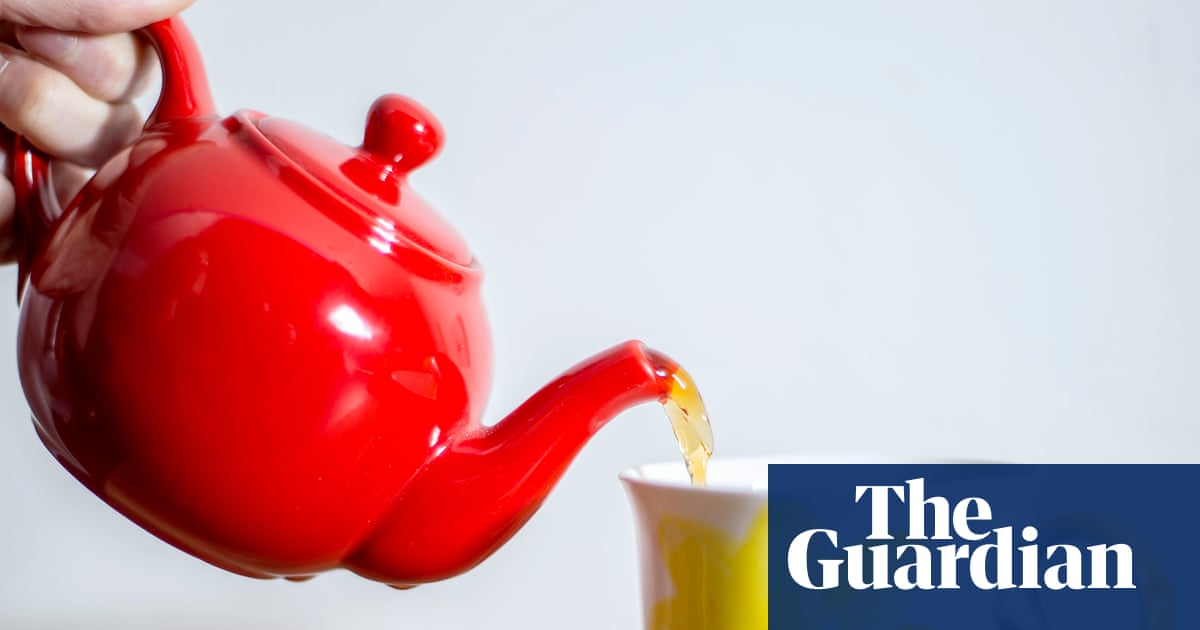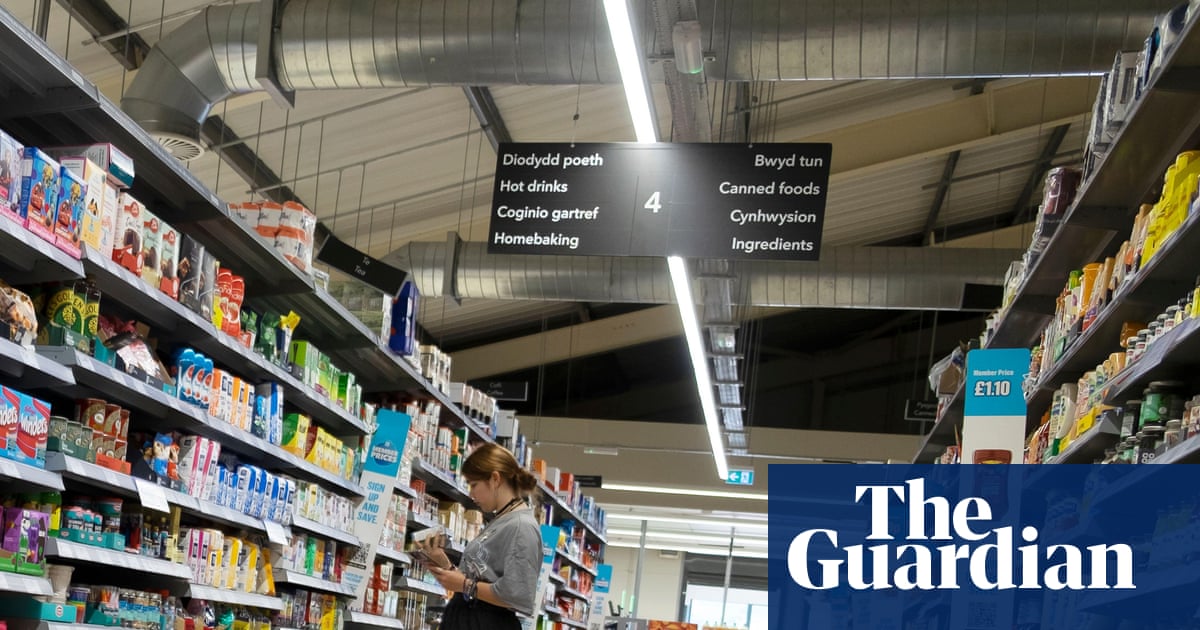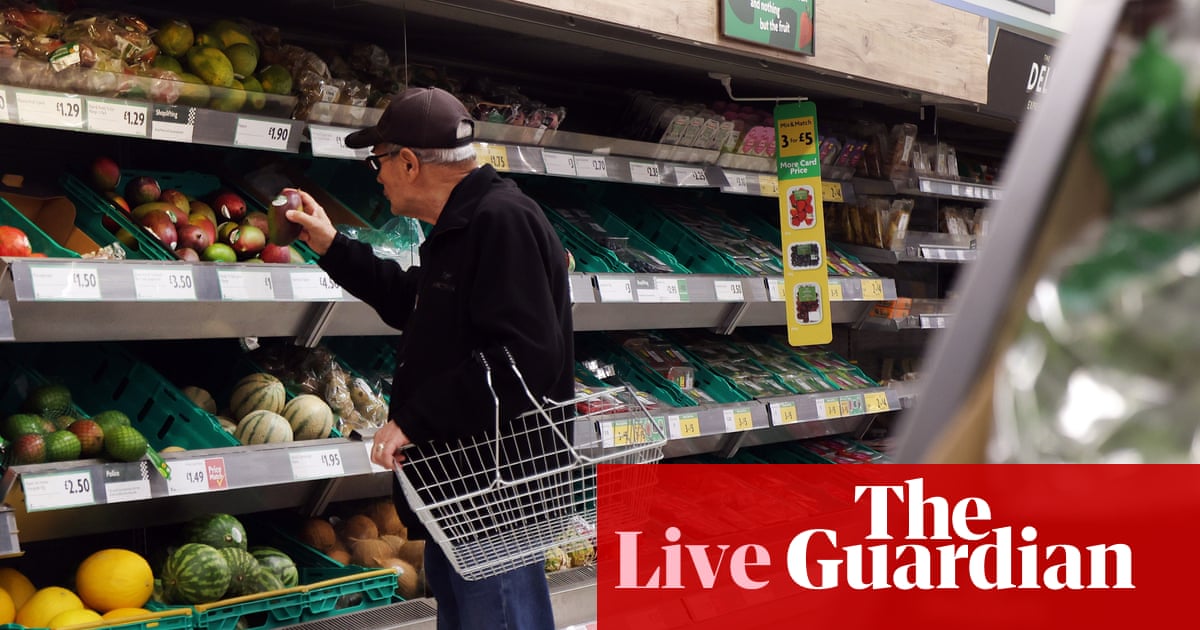The Kenyan government has told its tea factories to stop working with the Rainforest Alliance because it says the costs involved in securing the ethical label don’t add up for farmers.
The non-profit organisation is one of the world’s most recognisable certification schemes with its green frog seal on food packaging a sign consumers “can feel confident that these products support a better world”.
However the world’s third largest tea producer has ordered tea factories to suspend certification work because the cost is adding to the financial strain on struggling smallholders.
A recent Fairtrade Foundation poll found only one in five tea workers and farmers in Kenya are earning enough each month to support their families with essentials.
In a memo issued after an industry summit, the agriculture principal secretary, Paul Ronoh, said the “burden of implementation” of the Rainforest Alliance scheme was vested on tea factories then “cascaded to the tea farmers and growers”.
This cost “ordinarily should be met by the customers”, Ronoh said.
Rainforest Alliance is a global non-profit organisation that works to promote sustainable agriculture, forestry and responsible business practices.
The green frog seal appears on nearly 240 brands and is almost ubiquitous in UK supermarket tea ranges with big names including Tetley, PG Tips and Yorkshire Tea among those signed up. About half the tea consumed in the UK comes from Kenya.
The widespread demand for ethical certification is linked to the reputational risk of sourcing from tea-producing regions with a long list of problems. These include low wages, unsafe working conditions, gender inequality and environmentally unsustainable practices.
In addition, countries such as India and Kenya are grappling with climate crisis-related weather changes.
However critics complain that while buyers for western markets only want to buy certified tea they rarely offer to pay a premium for it.
While UK consumers are happy to splurge on coffee, the same is not true of tea. The average price of a teabag is “just 2 or 3p” despite the fact that the cost to grow and pick tea is increasing, according to a recent Fairtrade Foundation report on the subject.
Although Rainforest Alliance facilitates certification, it does not set the fees charged by external auditors who evaluate whether growers meet its “sustainable agriculture standard”.
The cost of certification depends on factors such as farm size, with growers often grouping together. For a smallholder-managed tea factory the annual cost is estimated to be about $3,000. This could come down however as a streamlined process that cuts the preparation work involved in an audit is being introduced this year.
Ronoh said that as the Rainforest Alliance logo “had not demonstrated solid impact commensurate to the costs of implementation, the meeting resolved to suspend the scheme with immediate effect”.
after newsletter promotion
Tea is a major cash crop for Kenya and the decision comes as the country grapples with the knock-on effect of a moribund tea price on the millions of people who rely on it for their livelihood.
The Rainforest Alliance says it is engaging with the State Department of Agriculture in Kenya to “gain clarity and to work towards a joint resolution quickly”.
It has contacted certificate-holders to assure them that the endorsement remains valid until the expiration date, meaning “farmers are able to sell their tea as certified”.
A spokesperson said: “We remain committed to supporting in Kenya to the fullest extent possible, and our tea brands and companies have communicated that they remain fully committed to continuing to purchase Rainforest Alliance certified tea.”
The Kenyan government is said to be considering putting in place a localised certification model. It would likely have similar sustainability goals but lower compliance costs and less administrative complexity.
A spokesperson for the Ethical Tea Partnership (ETP), an NGO focused on tackling problems in the tea sector, said it hoped the Kenyan suspension would be “short-lived and that a solution to this current impasse will be found”.
Certification is a “critical tool to allow all stakeholders in the tea supply chain to ensure that the workers, farmers and communities who rely on tea for their livelihoods are being treated fairly”, the ETP added.

 3 months ago
137
3 months ago
137

















































